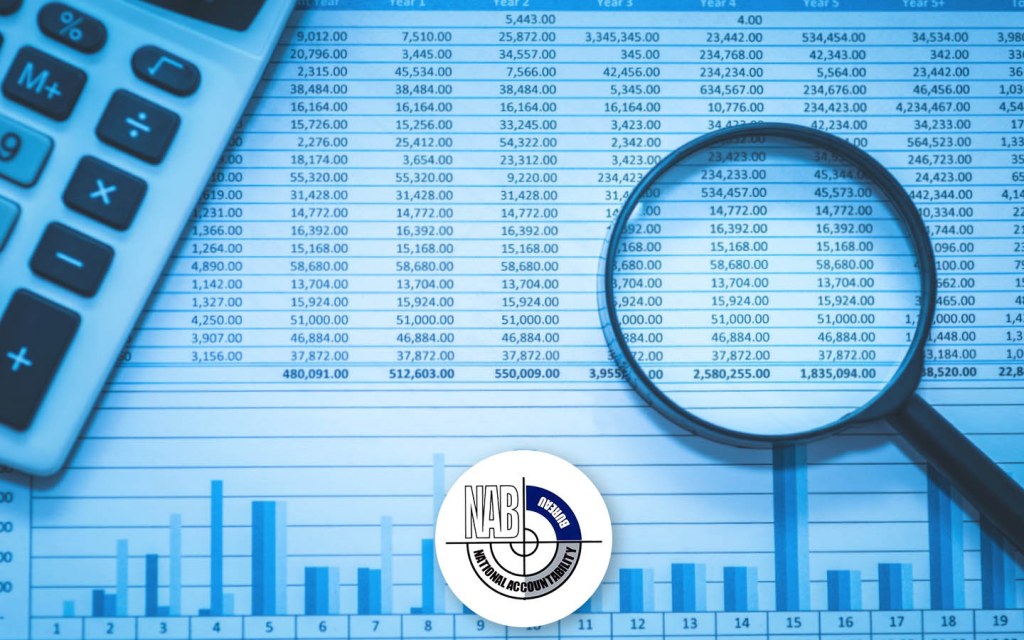Home » Laws & Taxes » Top Reasons Why You Should Be on FBR’s Active Taxpayers List
IMPORTANT UPDATE: Before we get started with our piece, we would like to let you know that the deadline for filing your income tax return is September 30, 2022, which is just a few days away. You can also file your income tax return online in a few steps by accessing FBR’s IRIS portal.
Now, let’s get the ball rolling!
A large chunk of our country’s population is based on salaried employees and entrepreneurs. Despite being home to millions of working and business professionals, the country’s tax-to-GDP ratio is alarmingly low. So, why do all these people not pay taxes? Well, the biggest reason behind the phenomenon of the tax gap is a lack of awareness. There are numerous benefits of being a tax filer that most of these self-employed and salaried individuals in Pakistan don’t know about.
Funds collected from the taxpayers in Pakistan are also one of the biggest sources of income for the state’s economy. Furthermore, it is the rightful duty of every Pakistani citizen to pay taxes levied on their assets. Serious efforts like penalising non-filers of tax returns and provision of benefits to the tax filers in Pakistan are being taken by the government of Pakistan and the Federal Board of Revenue (FBR) to bring more and more people into the tax net.
After making filing of tax returns for salaried and business individuals mandatory, FBR Pakistan has started sending letters to people in which they have been directed to register for the National Tax Number and get their names included in the Active Taxpayers List (ATL).
After making filing of tax returns for salaried and business individuals mandatory, FBR Pakistan has started sending letters to people in which they have been directed to register for National Tax Number and get their names included in Active Taxpayers List (ATL).
Who Should File Tax Returns?

In light of Pakistan’s Tax Law, all individuals having an annual income of PKR 600,000 or above are supposed to file their tax returns on an annual basis. National Tax Number, which is more commonly known as NTN, is a special number allotted by the government of Pakistan to every taxpayer. This is how the Federal Board of Revenue (FBR) put you on the list of Active Taxpayers List.
After getting your name included in ATL, you will get the privilege of paying lower taxes than the non-filers on financial transactions including different types of bank transactions, sale/purchase of property and vehicle, etc.
List of Benefits of Being a Tax Filer in Pakistan

Want to start filing tax returns? Now is the best time to do it as the deadline for this year is also near. Also, taxpayers in Pakistan, by all means, enjoy more relief on taxes compared to non-filers. So, let’s take a look at the list of privileges that every tax filer in Pakistan enjoys.
- Taxpayers are only required to pay half of the withholding tax in comparison to the tax paid by the non-filers.
- A non-filer is barred from owning property worth over PKR 50 lakh whereas people who regularly file tax returns can purchase any property.
- Non-filer importers of raw materials would have to pay 8% of the total import whereas taxpayer importers are required to pay 5.5% on raw material imports.
- Paying a 9% duty on commercial exports is obligatory for non-filer exporters in Pakistan. On the other hand, the taxpayers are only supposed to pay a 6% duty on their commercial exports.
- A total of 20% tax is liable on the dividends (company’s profit) of non-filers against the 15% tax rate set for tax filers.
- Coming to the taxes levied on profits of banks and saving schemes, a non-filer has to pay 15% tax against the 10% tax paid by active taxpayers in Pakistan.
- Tax filers only pay 15% tax upon winning prize money through prize bonds as compared to the 25% tax paid by non-filers.
- People who regularly file income tax returns have to pay only 1% on property transfer tax against 2% tax paid by property owners who are non-filers.
- Whether it’s the auctioning by the government or any other private entity, tax filers pay only 10% tax against 15% tax paid by non-filers in Pakistan.
Below is the data showing a comparison between the amount of taxes levied on filers and non-filer on funds transfer through banks as well as on vehicle ownership, registration and transfer.
Difference between Applicable Taxes for Filers and Non-Filers
| Bank Transaction | Non-Filer | Filer |
| Cash Withdrawal Above PKR 50,000 within a day | 0.50% | 0.30% |
| Deposit Maintained/Profit/Return on Account | 10% | 15% |
| Purchase of Vehicle | Non-Filers | Filers |
| Under 851 CC | PKR 10,000 | PKR 10,000 |
| 851 – 1000 CC | PKR 25,000 | PKR 20,000 |
| 1001 – 1300 CC | PKR 40,000 | PKR 30,000 |
| 1301 – 1600 CC | PKR 1,00,000 | PKR 50,000 |
| Registration of Vehicle | Non-Filer | Filer |
| Under 851 CC | PKR 10,000 | PKR 10,000 |
| 851 – 1000 CC | PKR 25,000 | PKR 25,000 |
| 1001 – 1300 CC | PKR 40,000 | PKR 30,000 |
| 1301 – 1600 CC | PKR 100,000 | PKR 50,000 |
| Transfer of Vehicle’s Registration | Non-Filer | Filer |
| Under 851 CC | PKR 5,000 | PKR 0 |
| 851 – 1000 CC | PKR 15,000 | PKR 5,000 |
| 1001 – 1300 CC | PKR 25,000 | PKR 7,500 |
| 1301 – 1600 CC | PKR 65,000 | PKR 12,500 |
On a side note, you may also like reading our pieces on Federal Budget 2022-23, Income Tax Slabs 2022-23 and Tax Asaan App online verification services for more tax-related information.
For more updates related to laws and taxes in Pakistan, keep following Zameen Blog, Pakistan’s best real estate and lifestyle blog. Subscribe to our email newsletter for regular updates.



